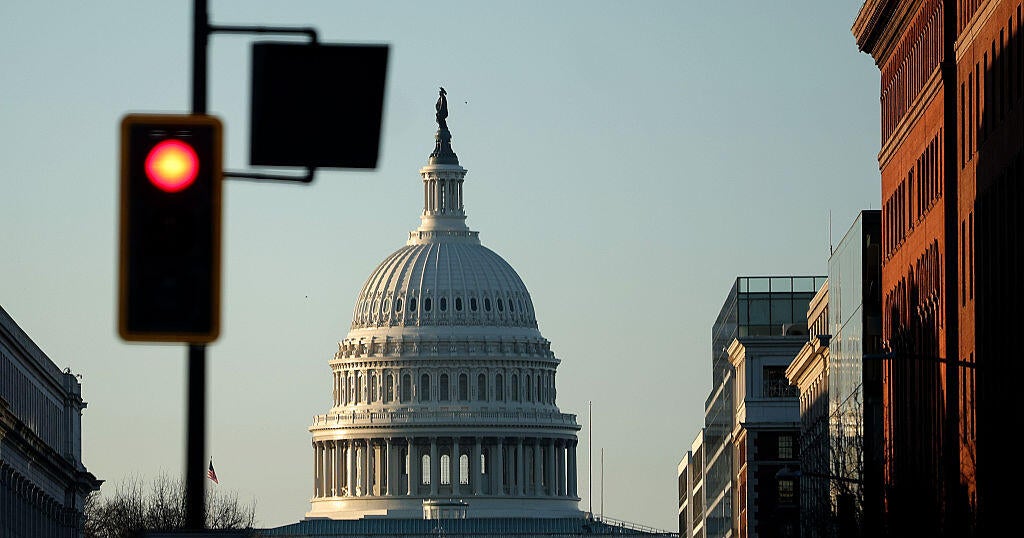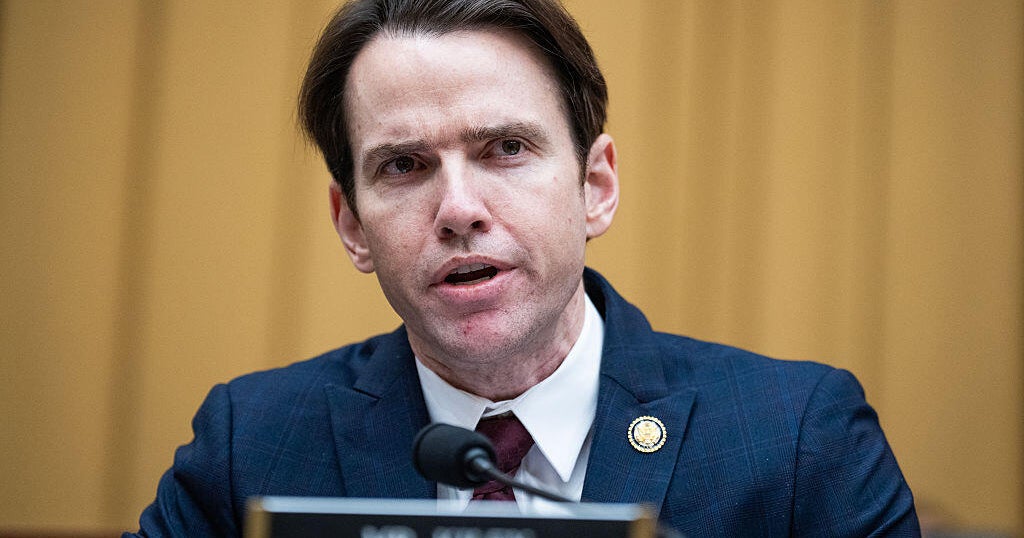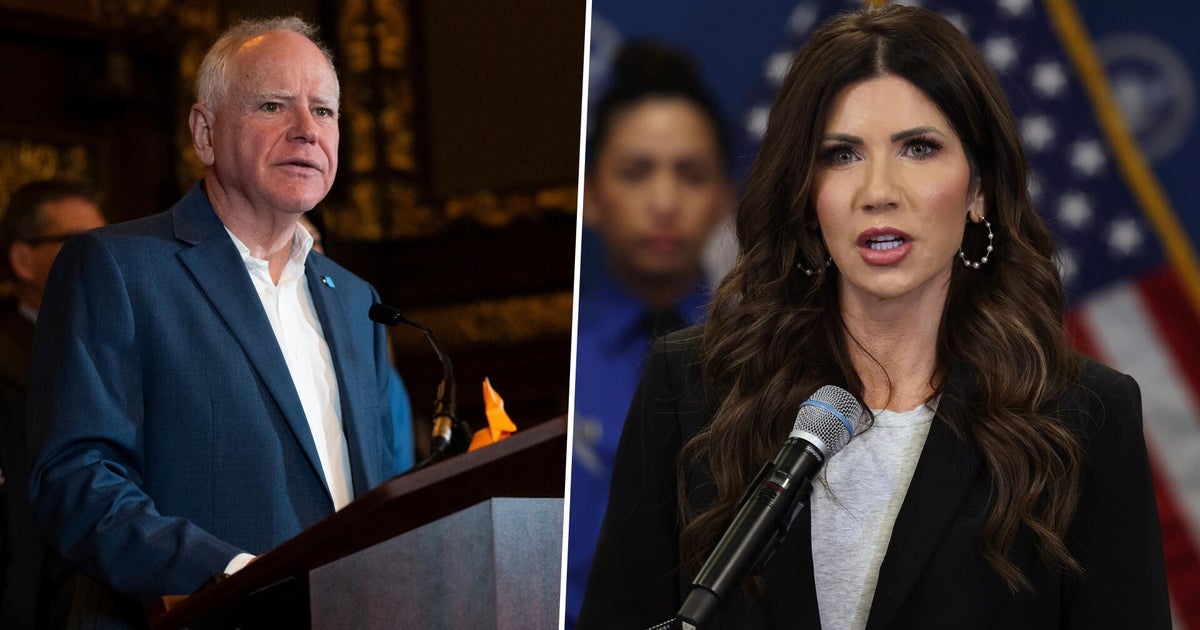What's next after the Jan. 6 committee's vote to subpoena Trump
The House select committee investigating the Jan. 6, 2021 assault on the Capitol unanimously voted to subpoena former President Trump for his testimony and records, the culmination of months of witness interviews, evidence analysis and public hearings.
What happens next?
He has not yet been issued a subpoena. That will come from the Jan. 6 committee's chairman, Rep. Bennie Thompson, likely in a matter of days.
Other Trump allies have also received subpoenas, including his former chief White House strategist, Stephen Bannon, law professor John Eastman and former national security adviser Michael Flynn. While some were interviewed by the committee, others, including Eastman and Flynn, appeared to decline to answer many of the committee's questions by invoking the Fifth Amendment.
Should Trump choose to defy the subpoena, the committee would need to secure a majority vote by the full House of Representatives to refer to the Justice Department a misdemeanor charge of refusing to comply with a congressional subpoena. Bannon and another former top aide, Peter Navarro, defied their subpoenas and were referred to the Justice Department for contempt of Congress. Bannon has been tried and convicted, and he is to be sentenced on Oct. 21. Navarro's trial is scheduled to begin in November.
Trump responded Friday to the committee's vote, writing a letter that falsely insisted the election had been "rigged" and "stolen" but did not address whether he would comply with the subpoena.
It's likely he will challenge the select committee's subpoena. In the past, he has asked the federal courts to intervene in efforts by congressional Democrats to obtain his tax returns and financial records, as well as the select committee's attempt to get Trump's White House records from the National Archives and Records Administration.
In January, the Supreme Court turned down Trump's request to block the release of his White House documents, and the committee received the records soon after.
While the committee held its meeting Thursday, the Supreme Court also declined a request from Trump for it to intervene in a dispute over documents he brought with him from the White House to his South Florida residence, Mar-a-Lago, at the end of his presidency in Jan. 2021.
The committee is on a tight deadline and must wrap up its work before the end of the year, constraining how much it might be able to accomplish before then.
It plans to issue its final report 30 days before the timeline for its work expires, meaning that report could come in the next month or two, CBS News congressional correspondent Scott McFarlane has noted.
On Thursday, in what was likely the panel's final hearing, members of the committee each presented part of its case against Trump, including witness testimony describing how Trump was told he could not win, his acknowledgment on several occasions that he had not won, his pursuit of his false claims of a stolen election anyway and his failure for hours to call off his supporters as they stormed the Capitol and endangered members of Congress and his own vice president.
"He must be accountable. He is required to answer for his actions," Thompson said Thursday. "He is required to answer for those police officers who put their lives and bodies on the line to defend our democracy. He is required to answer to those millions of Americans whose votes he wanted to throw out as part of his scheme to remain in power."







